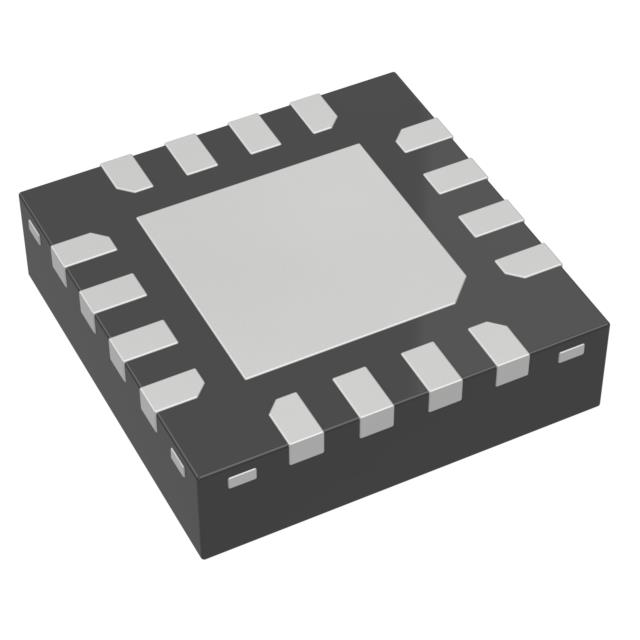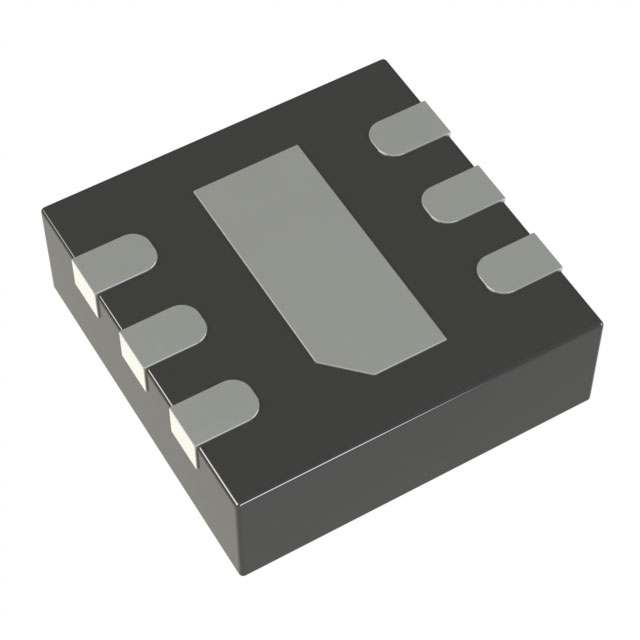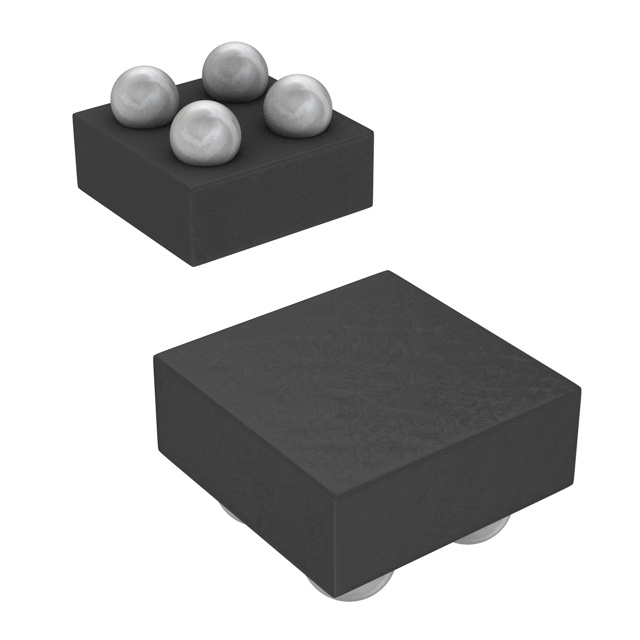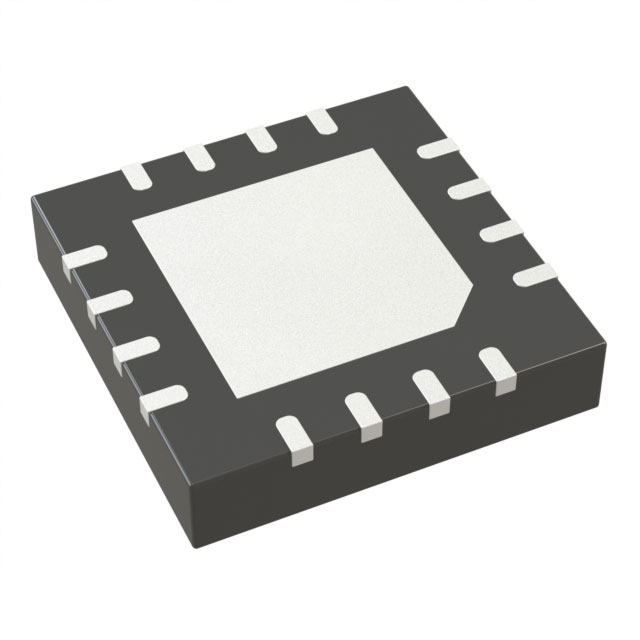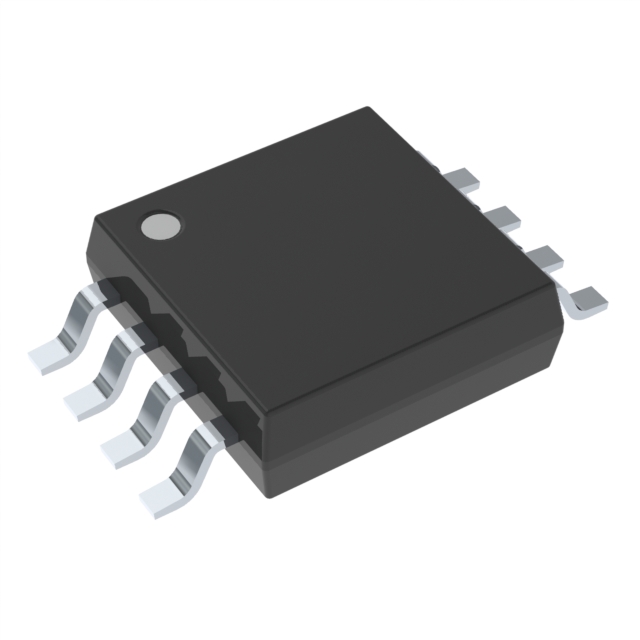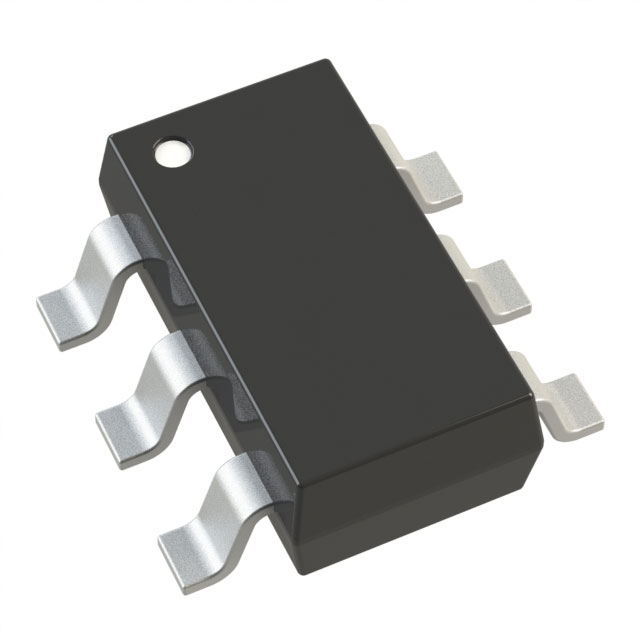Categories
- RF Detectors(6)
- 1
What is an RF Detector?
An RF detector is a specialized electronic gadget engineered to detect and recognize radio frequency (RF) signals, which are the types of waves employed by various gadgets like mobile phones. These devices can pick up RF signals that travel through wired connections, like coaxial cables, as well as those that are sent wirelessly and are becoming more prevalent.
RF detectors serve to pinpoint surveillance equipment, including GPS trackers and covert audio recording devices, within residences, vehicles, and other environments. Individuals often employ them for personal security, such as detecting hidden spyware in hotels or short-term rentals. In addition, they are used by law enforcement, governmental entities, and corporations to safeguard against the leakage of sensitive information via unauthorized devices.
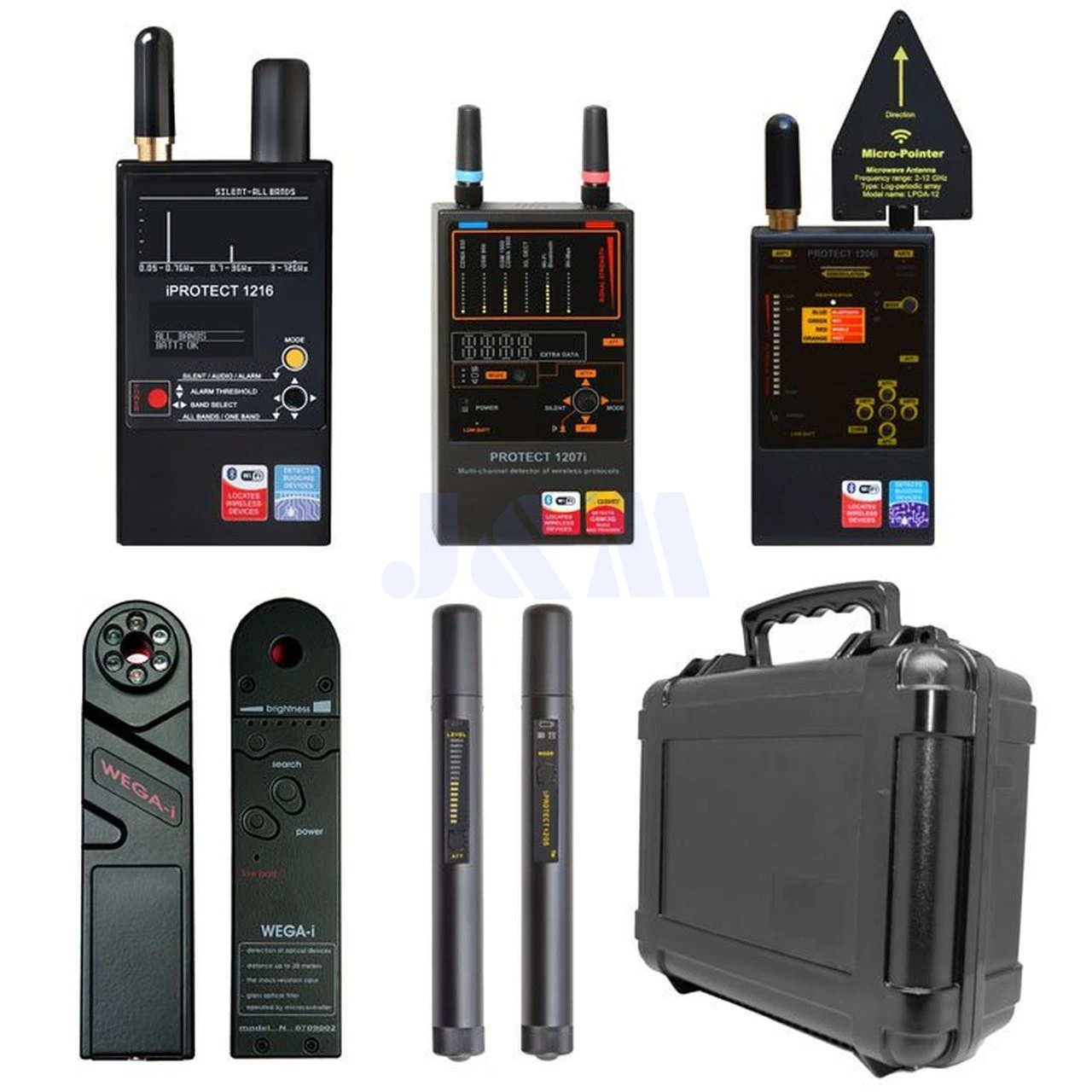
How RF Detectors Operate
RF detectors employ various methods to locate RF signals, which are contingent upon the specific model of the detector and its designated use. The fundamental principle behind an RF detector is that it captures, analyzes, and deciphers RF signals. However, there are more advanced techniques involved, such as:
1. Signal Strength Measurement – Certain RF detectors are capable of gauging the intensity of an RF field in a given area. They achieve this by employing a sensor to pick up RF signals, which are then converted into an electrical signal. The detector subsequently amplifies this signal and assesses the magnitude of the wave strength.
2. Frequency Identification – The majority of RF detectors are designed to pinpoint the frequencies of RF signals by scanning and identifying their frequency. Upon determining the frequency, the detector compares it with known frequencies to pinpoint the exact band.
3. Interference Detection – A number of RF detectors are equipped to detect RF interference or stray signals that can interfere with communications or other wireless transmissions. These detectors continuously monitor the RF spectrum for any anomalous signals and will notify the user upon their detection.
Tips for Selecting an RF Detector
When seeking the ideal RF detector, consider the following guidelines:
1. Detection Scope – Determine whether you need to secure a confined area or an entire building. Some detectors have a limited detection range, while others are capable of covering larger areas.
2. Frequency Coverage – Ideally, you should look for a device that can detect a wide range of frequencies to ensure comprehensive coverage. However, your budget and the specific area you need to scan for frequencies may influence this decision.
3. Signal Intensity – Detectors with adjustable sensitivity are generally more desirable. This feature allows you to calibrate the device to detect both weak and strong signals, which can assist in pinpointing the source of the RF signal by indicating its strength.
4. Notification System – Think about how the device notifies you of a detected signal. Some models use audible beeps or visual lights, while others vibrate. An audible beep might seem suitable, but for discreet signal detection, a silent light signal might be more appropriate.
5. Additional Features – While the primary function of an RF detector is to detect signals, many models offer extra features such as cameras to help locate the signal source and data logging capabilities for signal analysis.
6. Legal Considerations – Although military and government entities can use sophisticated RF detectors without restriction, personal use of such devices may be subject to regulations and laws. Before making a purchase, ensure that your jurisdiction permits the use of RF detectors and if there are any specific types or restrictions you need to be aware of.







